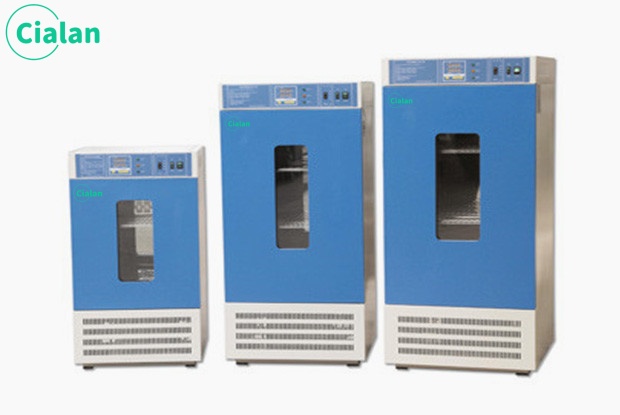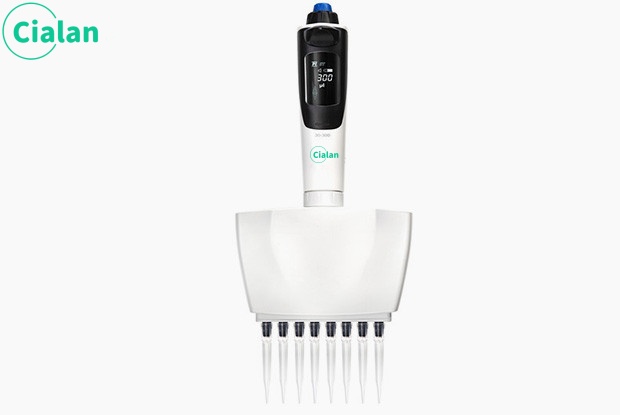List of commonly used instrument and equipment in a Clinical laboratory.
Commonly used instruments and equipment in a Clinical laboratory.
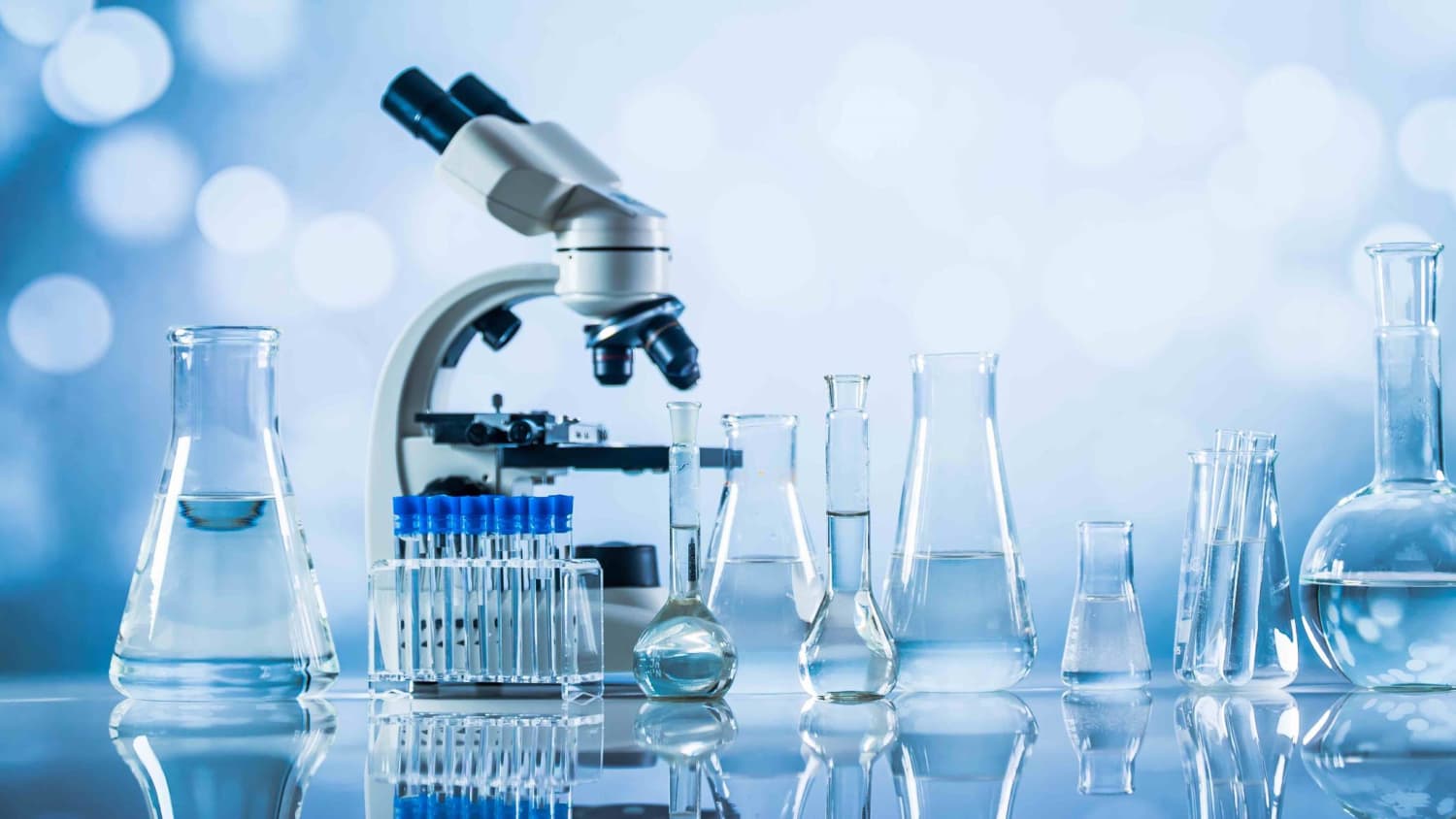
The Department of Laboratory Medicine is the bridge between clinical medicine and basic medicine, including clinical chemistry, clinical microbiology, clinical immunology, hematology, body fluids and blood transfusion. It is responsible for the testing of various human and animal specimens in the wards, outpatients, medical checkups and scientific research on a daily basis.
1.Electronic balance: Weighing instrument
2.Microscope:Magnifying samples
3.Autoclave sterilizer: Before and after the laboratory sterilization instruments
4.Centrifuge: Separating liquid and solid particles or liquid and liquid mixtures
5.Ultra-pure water machine: Preparation of pure water/ultra-pure water
6.Water bath: Used for drying, concentration, distillation, impregnation of chemical reagents and biological products, can also be used for water bath thermostat heating and other temperature tests
7.Biochemical incubator: Storage medium, serum, drugs and microbial culture, environmental testing, etc.
8.Ultra-low temperature refrigerator: Low temperature preservation of vaccines, strains, biological samples, etc.
9.Pipettes: Quantitative transfer of liquid instruments
10.Bio-safety cabinet: Negative pressure safety device for air purification in experimental operation.
11.Carbon dioxide incubator: Mold, microbial culture, preservation
12.Electric blast drying oven: Baking, drying, heat treatment and thermal processing of goods
13.Enzyme labeling instrument: Antigen and antibody detection
14.Electrophoresis instrument: For DNA sequencing
15.Ultra-clean bench:Local work area cleanliness
16.PCR instrument: For the diagnosis of infectious diseases, gene duplication and paternity testing
17.Nucleic acid extractor: Nucleic acid extraction reagents automatically complete the sample nucleic acid extraction
18.Infrared sterilizer: Inoculation ring sterilization

The Department of Laboratory Medicine is the bridge between clinical medicine and basic medicine, including clinical chemistry, clinical microbiology, clinical immunology, hematology, body fluids and blood transfusion. It is responsible for the testing of various human and animal specimens in the wards, outpatients, medical checkups and scientific research on a daily basis.
1.Electronic balance: Weighing instrument
2.Microscope:Magnifying samples
3.Autoclave sterilizer: Before and after the laboratory sterilization instruments
4.Centrifuge: Separating liquid and solid particles or liquid and liquid mixtures
5.Ultra-pure water machine: Preparation of pure water/ultra-pure water
6.Water bath: Used for drying, concentration, distillation, impregnation of chemical reagents and biological products, can also be used for water bath thermostat heating and other temperature tests
7.Biochemical incubator: Storage medium, serum, drugs and microbial culture, environmental testing, etc.
8.Ultra-low temperature refrigerator: Low temperature preservation of vaccines, strains, biological samples, etc.
9.Pipettes: Quantitative transfer of liquid instruments
10.Bio-safety cabinet: Negative pressure safety device for air purification in experimental operation.
11.Carbon dioxide incubator: Mold, microbial culture, preservation
12.Electric blast drying oven: Baking, drying, heat treatment and thermal processing of goods
13.Enzyme labeling instrument: Antigen and antibody detection
14.Electrophoresis instrument: For DNA sequencing
15.Ultra-clean bench:Local work area cleanliness
16.PCR instrument: For the diagnosis of infectious diseases, gene duplication and paternity testing
17.Nucleic acid extractor: Nucleic acid extraction reagents automatically complete the sample nucleic acid extraction
18.Infrared sterilizer: Inoculation ring sterilization


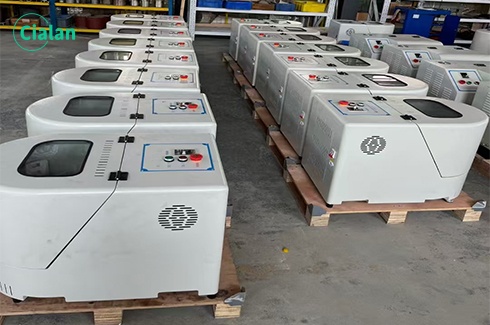
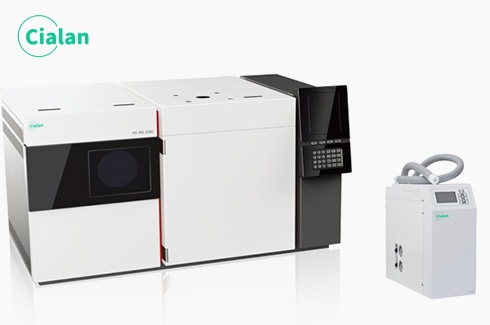
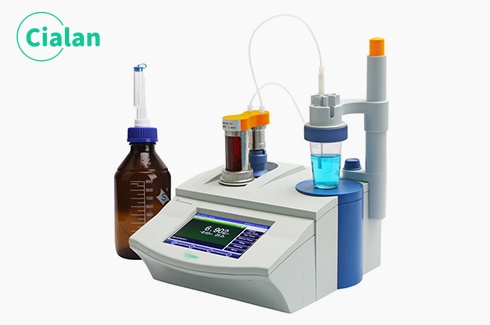
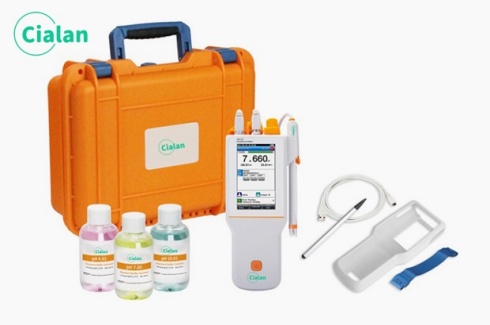
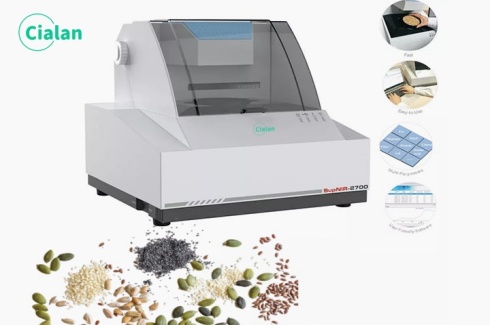
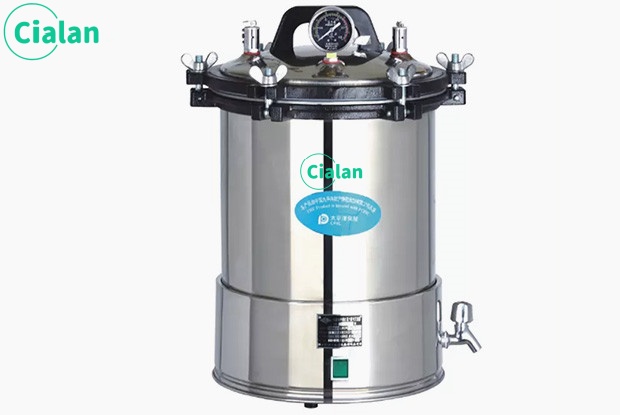
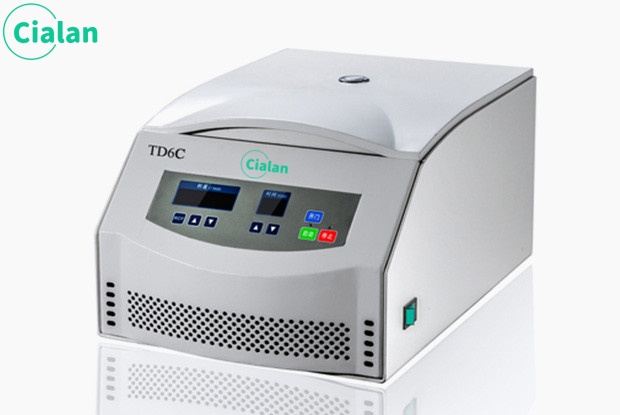
.jpg)

